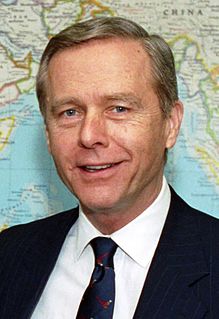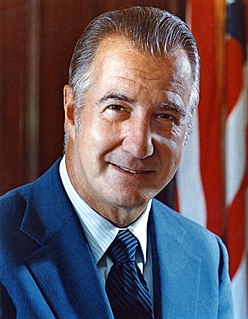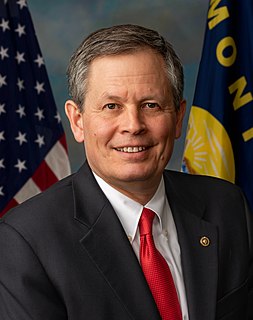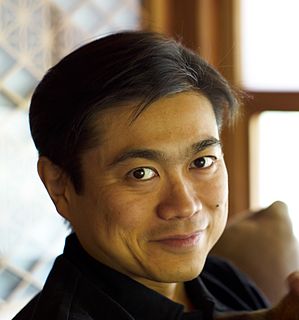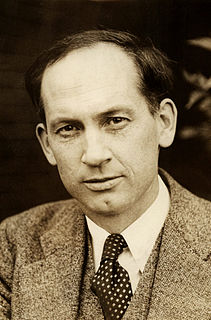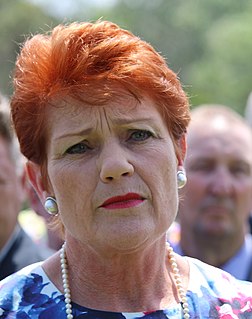A Quote by Pete Wilson
The First Amendment does not guarantee the press a constitutional right of special access to information not available to the general public, nor does it cloak the inmate with special rights of freedom of speech.
Related Quotes
Every time I criticize what I consider to be excesses or faults in the news business, I am accused of repression; and the leaders of the various media professional groups wave the First Amendment as they denounce me. That happens to be my amendment too. It guarantees my free speech as much as it does their freedom of the press.
In fact, it's the greatest threat to liberty of all kinds, whether it is freedom of religion, whether it is freedom of speech, whether it is freedom of the press, whether it is freedom of association, all of the rights that are enshrined in the First Amendment are threatened by the active, aggressive homosexual lobby and the homosexual agenda.
The First Amendment's language leaves no room for inference that abridgments of speech and press can be made just because they are slight. That Amendment provides, in simple words, that "Congress shall make no law . . . abridging the freedom of speech, or of the press." I read "no law . . . abridging" to mean no law abridging.
Then President [Barack] Obama went on to argue that a citizen`s Second Amendment rights can be restricted without being infringed, just like any other rights. There are limits on your free speech and on your right to privacy. But he also made another nuanced Constitutional argument, that the rights enshrined in the Second Amendment must be balanced alongside the others rights guaranteed by the Constitution.
There is no question that under the Equal Rights Amendment there will be debates at times, indecision at times, litigation at times. Has anyone proposed that we rescind the First Amendment on free speech because there is too much litigation over it? Has anyone suggested the same for the Fourteenth Amendment I don't suppose there has ever been a constitutional amendment with so much litigation?
The full impact of printing did not become possible until the adoption of the Bill of Rights in the United States with its guarantee of freedom of the press. A guarantee of freedom of the press in print was intended to further sanctify the printed word and to provide a rigid bulwark for the shelter of vested interests.
One can think of a secretary actively operating a filing system, of a librarian actively cataloguing books, of a computer actively sorting out information. The mind however does not actively sort out information. The information sorts itself out and organises itself into patterns. The mind is passive. The mind only provides an opportunity for the information to behave in this way. The mind provides a special environment in which information can become self-organising. This special environment is a memory surface with special characteristics.
